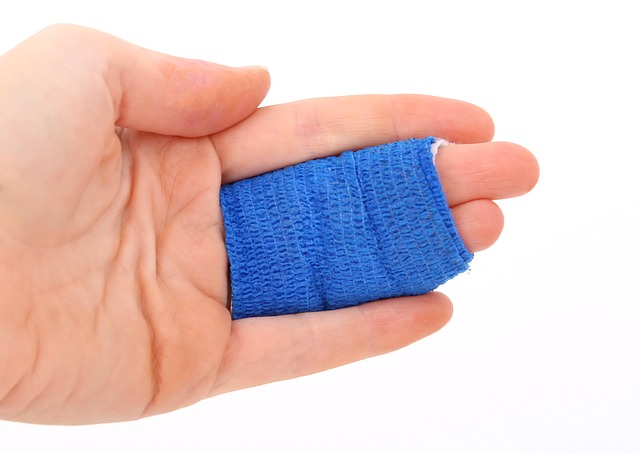Falsified personal injury claims—they’re not a victimless crime. Injury claims hurt businesses in terms of insurance premiums, moral, and reputation. If you’re an employer who’s concerned that one of your employees may be falsely filing for workers’ compensation due to a work-related “injury,” follow your gut and investigate. Here are a few of the warning signs that you might have a case of fraud on your hands.
1.) No Insurance
Though less common since the Affordable Care Act, many people do not have any health insurance. If you have temporary employees, part-time employees, or workers on a 1099 or contract basis, and do not offer them health insurance through your business, it’s quite possible that they’re uninsured. If they sustain an injury on their own time, they might falsely claim it occurred while at work so they won’t have to bear the cost of their medical treatment themselves.
2.) Difficult to Diagnose
Broken bones, lesions, bruising—these kinds of injuries can’t be faked. If your employee is complaining of pain that can’t be definitively diagnosed, however, it might be a fabrication. Soft tissue damage is a the most common injury fraud complaint, because it can’t be verified with an X-Ray or MRI, and relies only on the employee describing symptoms that can easily be researched online. Joint pain or head and neck injuries are also very common, and also easy to fake if you’re willing to do a little acting.
3.) No Witnesses
If there were no witnesses to an injury, it could be a red flag for a false claim, especially if that employee is usually working in the company of others. There aren’t many employees who can find a coworker willing to lie for them, risking their job and potential perjury charges, so most fraudulent claims are solo acts. If there is a witness, make sure their stories match up, and that you take their statements separately and possibly more than once.
4.) Monday Accidents
Mondays are the most popular day of the week for fraudulent injuries. Most employees spend their weekday evenings having dinner, watching television, or otherwise winding down, and usually save more active tasks or entertainment for the weekend. They might be cleaning their gutters, dancing the night away, or going on a ski trip—and if they get hurt, don’t be surprised if they come in the next day and claim it happened on the clock.
5.) Repeat Offenders
37 percent of the people who file injury claims file again—these statistics don’t add up! Though it’s possible that someone might injure themselves a second time if the dangers in an unsafe work environment are not addressed after the first claim was filed, it’s also possible that you have a professional liability fraudster on your hands. Be especially wary of a second claim if you already felt like the first claim was suspect and you believe that you’ve fostered a safe environment.
If any of these red flags remind you of an injury claim filed against your business, call us at Stop Claims! We’ll help you investigate the claim, set the record straight, and keep your insurance premiums low.







